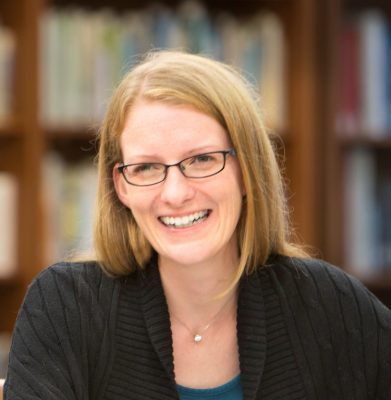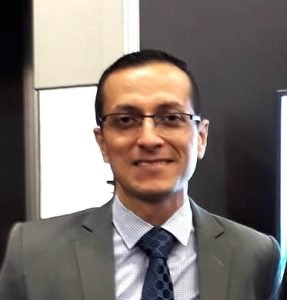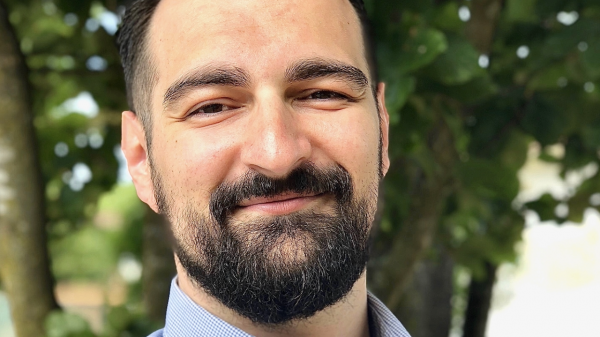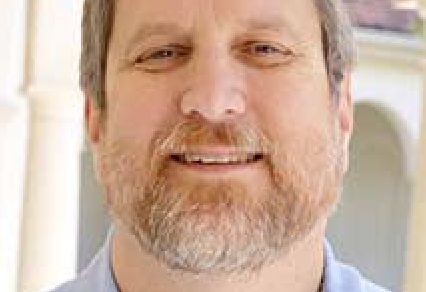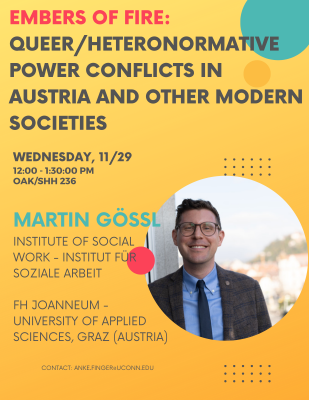
Prof. Christina Gerhardt to present her book “Sea Change” on October 3rd, 2pm
On October 3rd, 2023, Prof. Christina Gerhardt from the University of Hawai’i will join us to talk about her new book Sea Change:
Sea Change weaves together cartography and geography, art, short texts and poetry to share the histories and cultures of islands, centering the voices of islanders, predominantly but not exclusively of Black Caribbean and Indigenous Pacific islanders. Sea Change tells of the impacts of sea level rise and of the solutions, both soft engineering and hard engineering, being put forward to address them. Sea Change aims to bring greater attention to islands, to islanders and to the impacts of and solutions to sea level rise.
Prof. Gerhardt is an environmental journalist and academic, founder of the Environmental Humanities Initiative at the University of Hawai’i at Mānoa, and former Barron Professor of Environmental Humanities at Princeton. She is a permanent Senior Fellow at UC-Berkeley where she taught previously. Her environmental journalism has been published by The Guardian, Grist, The Nation, Orion and Sierra, among other outlets, and she has been interviewed on NPR’s All Things Considered, 1A and Morning Edition.
The talk, with a Q&A featuring Prof. C. Patrick Heidkamp (Southern CT University), will take place in Gant 020 at 2pm. The event is sponsored by the Connecticut/Baden-Württemberg Human Rights Research Consortium and by German Studies.
For those joining us online, please follow this link:
https://uconn-cmr.webex.com/uconn-cmr/j.php?MTID=m99bc63ef4225322d1e4d8a7431139408

EUROTECH recognized for its DEI work in STEM by INSIGHT Into Diversity Magazine
 The September 2022 issue of INSIGHT Into Diversity Magazine devotes the majority of its space to an important award in STEM: “INSIGHT highlights innovative higher education institutions and organizations working to recruit and retain underrepresented individuals in science, technology, engineering, mathematics, and beyond with our 2022 Inspiring Programs in STEM Award.” This year, UConn’s dual-degree EUROTECH program is among the recipients, and we wish to celebrate, first and foremost, our amazing students in the program and thank all those who contribute to the ongoing success of EUROTECH, especially the School of Engineering and the College of Liberal Arts and Sciences.
The September 2022 issue of INSIGHT Into Diversity Magazine devotes the majority of its space to an important award in STEM: “INSIGHT highlights innovative higher education institutions and organizations working to recruit and retain underrepresented individuals in science, technology, engineering, mathematics, and beyond with our 2022 Inspiring Programs in STEM Award.” This year, UConn’s dual-degree EUROTECH program is among the recipients, and we wish to celebrate, first and foremost, our amazing students in the program and thank all those who contribute to the ongoing success of EUROTECH, especially the School of Engineering and the College of Liberal Arts and Sciences.
To quote from the issue’s introduction:
Among this year’s winners are programs that engage students in a rich array of educational experiences across STEM. Whether it is providing girls and women with hands-on activities aimed at building an interest in research, assisting underserved students in applying to medical school, or offering enrichment and professional development opportunities to underrepresented faculty and staff, the recipients of the 2022 Inspiring Programs in STEM Award have demonstrated inventiveness and dedication in supporting a new generation of high-achieving scholars and professionals.
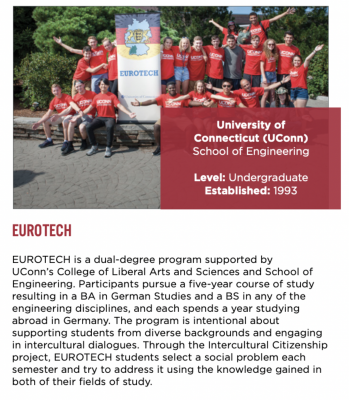
Double Lecture with Q&A: Nicole Coleman & José Aldemar Álvarez Valencia
CLAS anti-racist education initiative hosts double lecture on the decolonization of language and culture studies
By Lucie Turkel -February 17, 2021
A double lecture with professors Ervin Malakaj and Terry Osborn was hosted on Tuesday February 16th, centering on the importance of decolonizing language and culture studies within curricula. Photo by NastyaSensei on Pexels.com[/caption]
On Tuesday, Feb. 16, the anti-racist education initiative from the University of Connecticut College of Liberal Arts & Sciences hosted a double lecture with professors Ervin Malakaj and Terry Osborn focusing on the importance of decolonizing language and culture studies within North American curricula. Continue reading
Double Lecture with Q&A: Ervin Malakaj & Terry Osborn
Dwight Lewis’ Fall 2020 Lecture
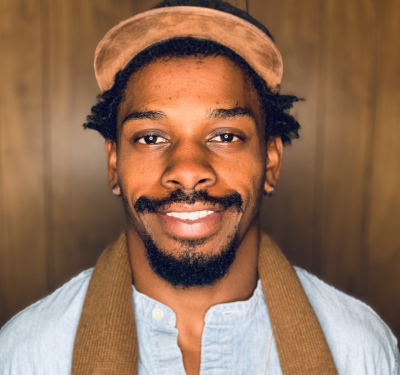
Dwight Lewis
December 2, 2020, 2:30pm (Zoom)
Dwight K Lewis Jr, an assistant professor of philosophy at the University of Central Florida, spent the previous academic year as a Postdoctoral Mellon Fellow at Pennsylvania State University where he began work on a manuscript about Anton Wilhelm Amo’s philosophical system, life, and legacy. Prior to that, he received his Ph.D. in philosophy from the University of South Florida – working under Roger Ariew and Justin EH Smith in the History of Philosophy – while holding a Mellon Fellowship at Emory University in the James Weldon Johnson Institute for the Study of Race and Difference. His research interrogates philosophy through a historical lens; he focuses on the Early Modern Period, Africana Philosophy, the Philosophical Canon, and the discipline of philosophy. He attempts to live his life as James Baldwin says, “larger, freer, and more loving”, for himself and in relation to his community, both locally and globally. Larger, Freer, More Loving is also the name of his podcast with Matt LaVine. Enjoy life! Love yourself! Don’t let people stay in your life that don’t care about you and show it!
